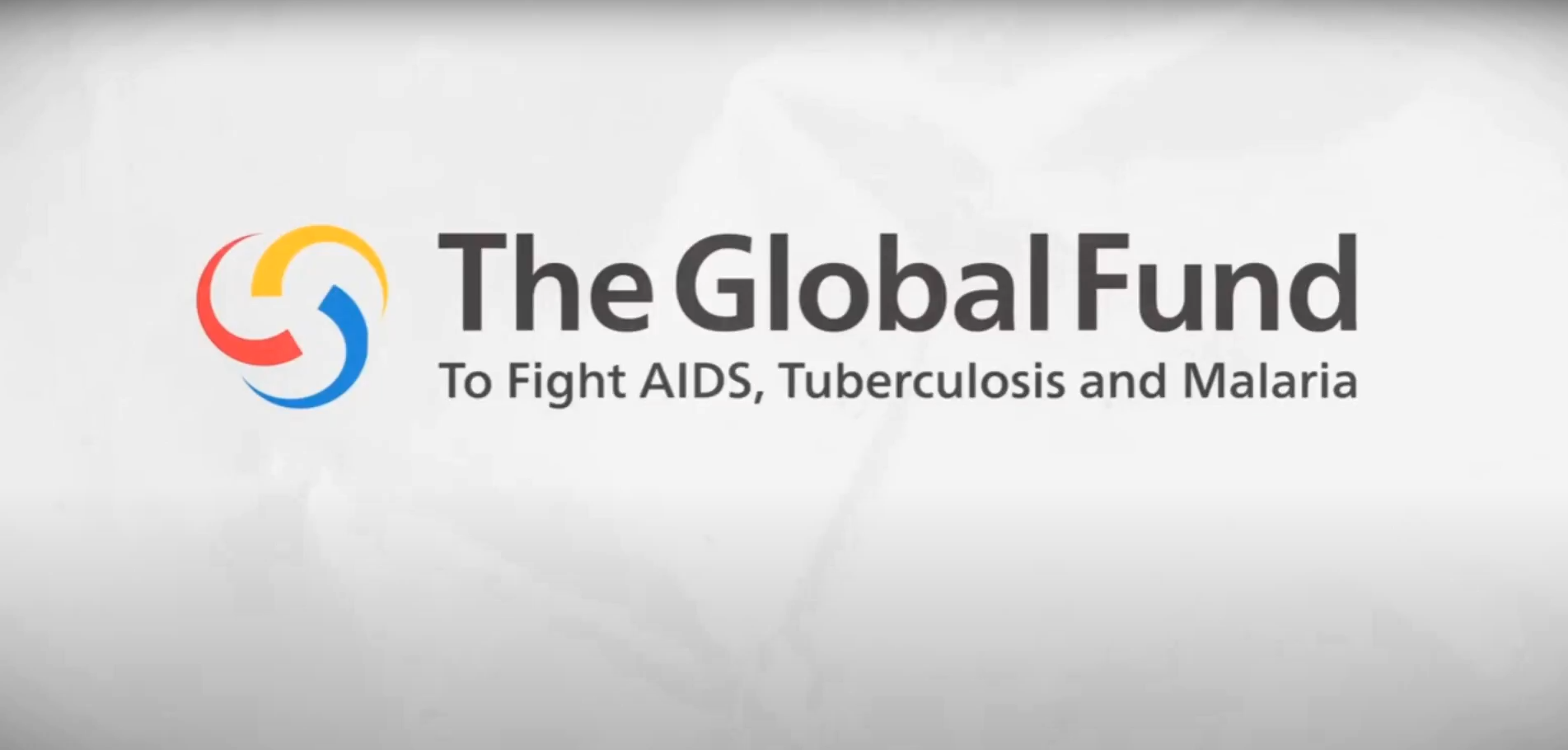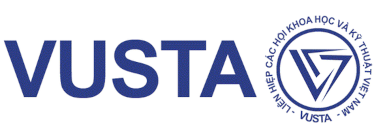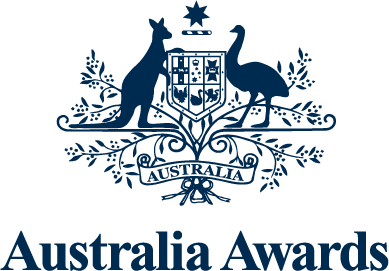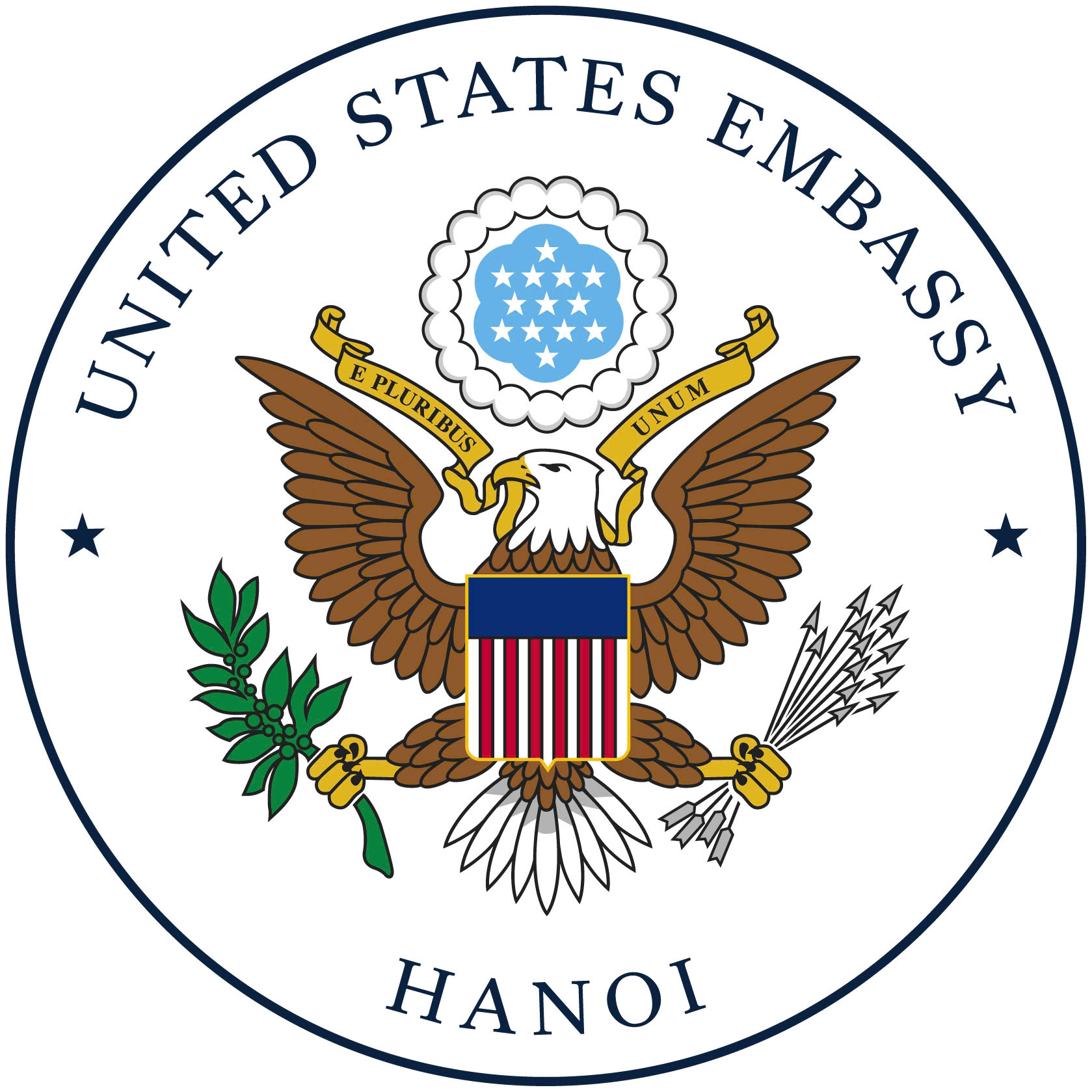Kế hoạch họp của CCM năm 2025

Hoạt động, tin tức và sự kiện
Các hoạt động mới nhất do Ban Điều phối Quốc gia Quỹ Toàn cầu Phòng chống AIDS, Lao và Sốt rét tại Việt Nam cập nhật
Giám sát
Khoản tài trợ của Quỹ Toàn Cầu
Cam kết viện trợ của Quỹ Toàn cầu giai đoạn 2024-2026
128,997,516 USD

Kết quả của Việt Nam
0.17 Triệu
Người điều trị ARV năm 2022
0.1 Triệu
Người điều trị Lao năm 2022
1.38 Triệu
Màn chống muỗi được phát năm 2022
Thư viện
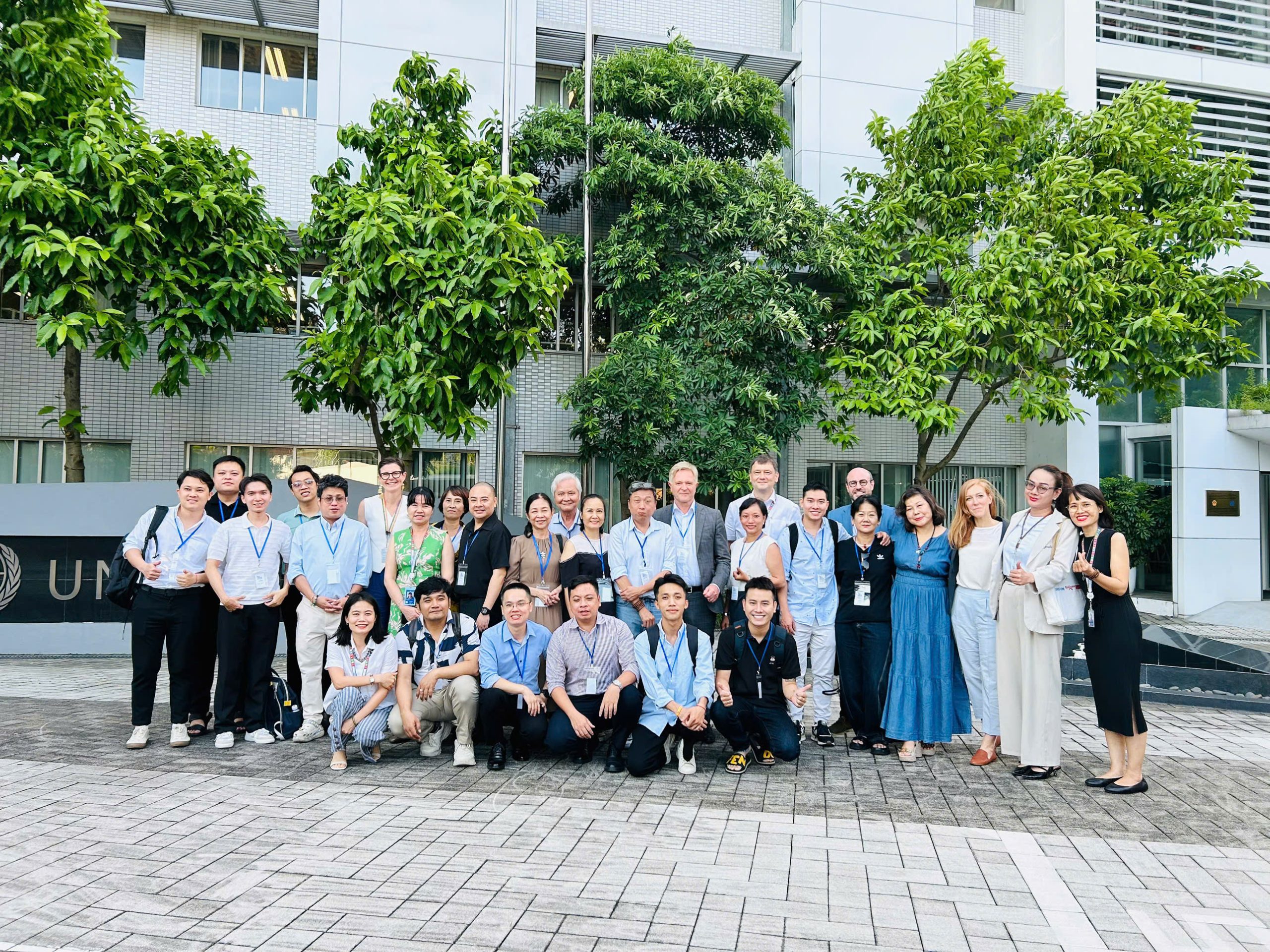
02/11/2025
Advancing Sustainable, Community-Centered Solutions in Vietnam’s HIV Response
On October 3, 2025, at the United Nations Green One Building in Hanoi, representatives from community-based organizations (CBOs) participated in a pivotal dialogue with the Global Fund Country Team and international development partners. This forum provided a critical platform to address the institutional, financial, and technical challenges faced by CBOs amid ongoing local administrative restructuring […]
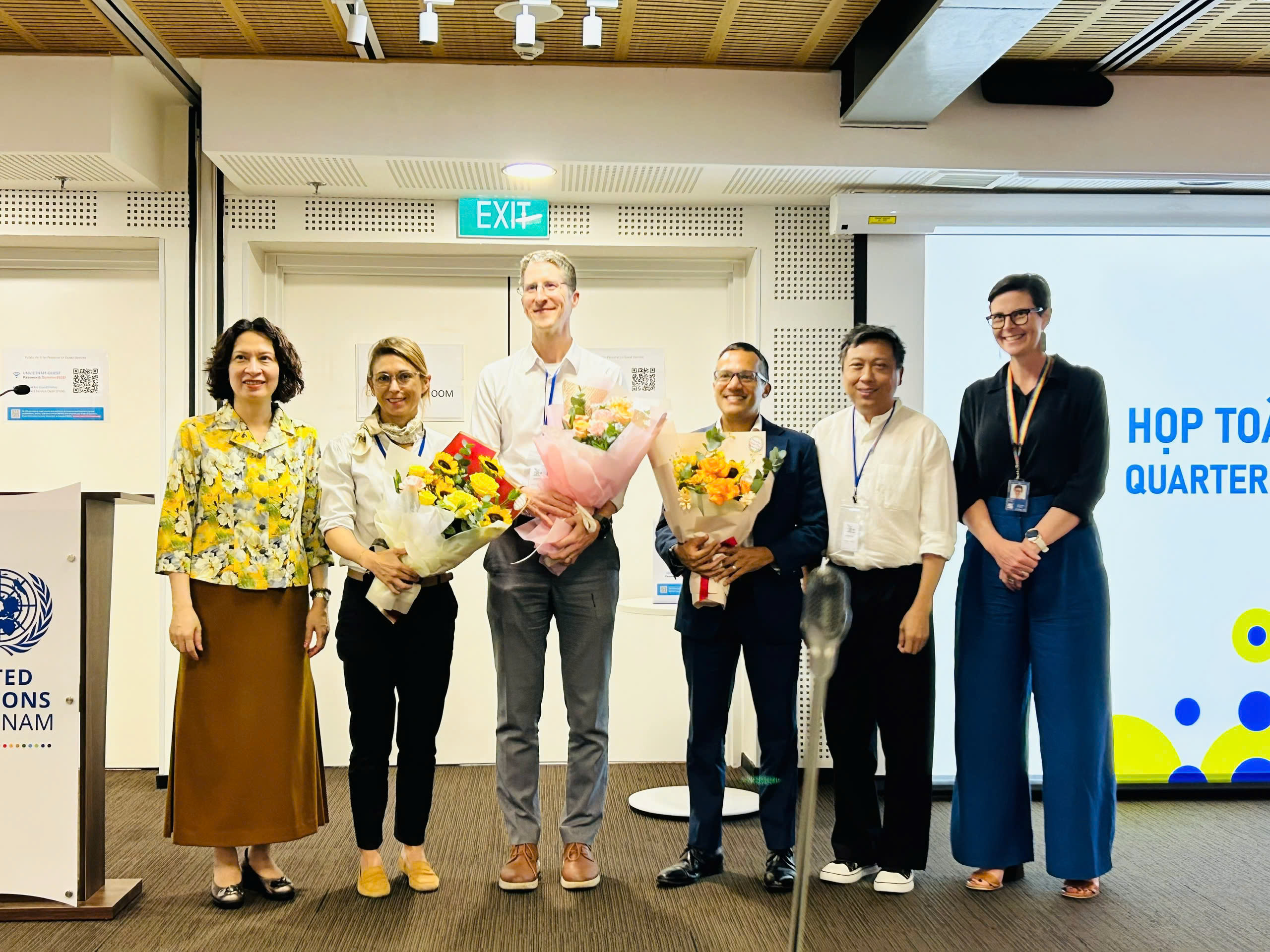
09/10/2025
Vietnam CCM Q3/2025 Plenary Meeting: Strengthening Coordination for Effective and Sustainable Outcomes
On August 6, 2025, at the Green One UN House in Hanoi, the Viet Nam Country Coordinating Mechanism (CCM Viet Nam) for the Global Fund to Fight AIDS, Tuberculosis and Malaria successfully held its Plenary Meeting for Quarter 3 of 2025. The meeting was chaired by Associate Professor Dr. Nguyen Thi Lien Huong, Vice Minister […]

18/09/2025
Tiểu ban kỹ thuật Lao – CCM tổ chức phiên họp đầu tiên năm 2025
Ngày 5/2/2025, tại tòa nhà The One UN (Hà Nội), Tiểu ban kỹ thuật Lao, Ban điều phối quốc gia Quỹ Toàn cầu (CCM) đã tổ chức phiên họp đầu tiên của năm 2025. Cuộc họp có sự tham gia của đại diện Tổ chức Y tế Thế giới (WHO), Bệnh viện Phổi Trung ương, […]
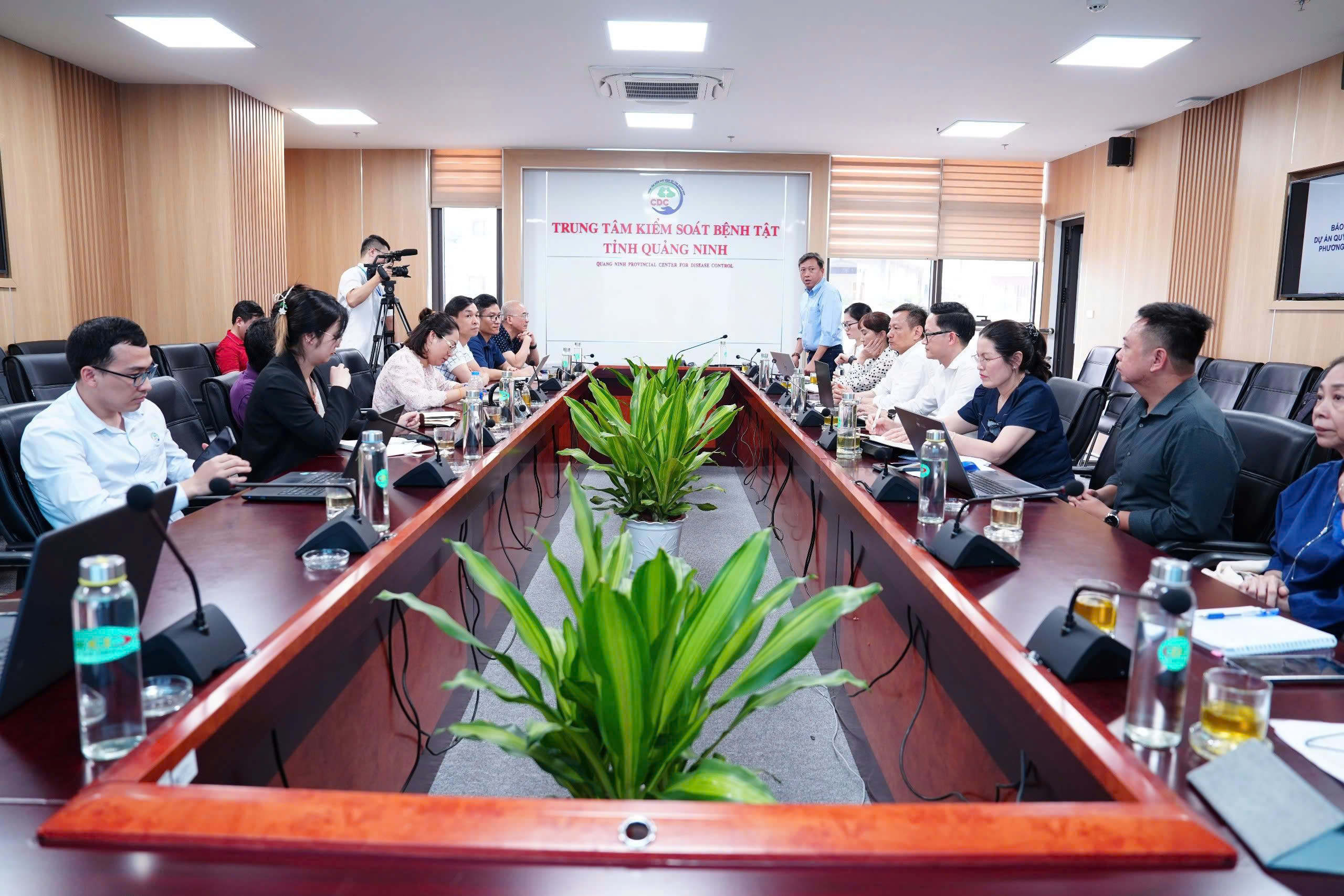
10/09/2025
Vietnam Country Coordinating Mechanism Delegation Conducted oversight visits in Quang Ninh Province
On April 23–24, 2025, a delegation from the Vietnam Country Coordinating Mechanism (CCM) of the Global Fund to Fight AIDS, Tuberculosis, and Malaria, led by Vice Chair Mr. Nguyễn Anh Phong, carried out a oversight visits in Quang Ninh Province. The visit aimed to assess the progress of project implementation and performance indicators, as well […]



